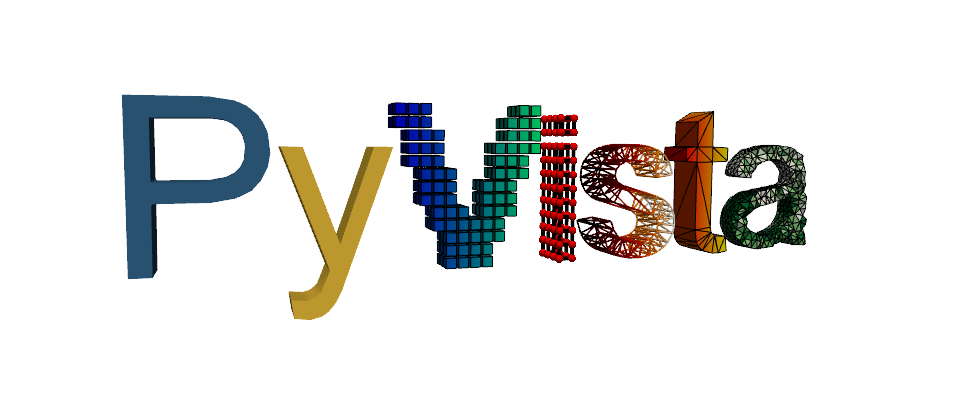pyvista.DataSet.translate#
- DataSet.translate( )[source]#
Translate the mesh.
Note
See also the notes at
transform()which is used by this filter under the hood.- Parameters:
- Returns:
pyvista.DataSetTranslated dataset.
See also
pyvista.Transform.translateConcatenate a translation matrix with a transformation.
Examples
Create a sphere and translate it by
(2, 1, 2).>>> import pyvista as pv >>> mesh = pv.Sphere() >>> mesh.center (0.0, 0.0, 0.0) >>> trans = mesh.translate((2, 1, 2), inplace=False) >>> trans.center (2.0, 1.0, 2.0)
